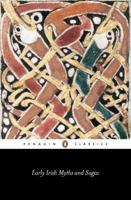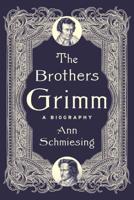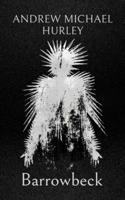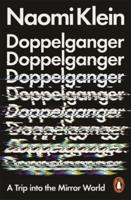Publisher's Synopsis
Excerpt from The Honey-Makers
This sugar, we are told, was in consistence like salt, being, like it, brittle between the teeth.
Sugar came to be a synonym for everything that had a sweet taste, hence the acetate of lead is called sugar of lead.
It was not until about the seventeenth century that sugar became an article Of common use in Europe. Up to that time it was used chiefly as a medicine, or by the rich as a delicacy at feasts upon very special occasions.
At the present time sugar has superseded honey as an article of every-day use. Honey has lost most of its im portance in the family life but not so the bee, for we now know that it does inestimable service in perfecting the fruits Of the earth, and that without it our orchards would be lean and our gardens barren.
This knowledge makes a scientific study of the bee as fascinating as is the story of honey and its maker in rela tion to the individual life of the races of men that have preceded us.
Since the bee existed before literature and history, the true sequence in treating it is, first, its structure and habits, and then its place in song and homily.
About the Publisher
Forgotten Books publishes hundreds of thousands of rare and classic books. Find more at www.forgottenbooks.com
This book is a reproduction of an important historical work. Forgotten Books uses state-of-the-art technology to digitally reconstruct the work, preserving the original format whilst repairing imperfections present in the aged copy. In rare cases, an imperfection in the original, such as a blemish or missing page, may be replicated in our edition. We do, however, repair the vast majority of imperfections successfully; any imperfections that remain are intentionally left to preserve the state of such historical works.









